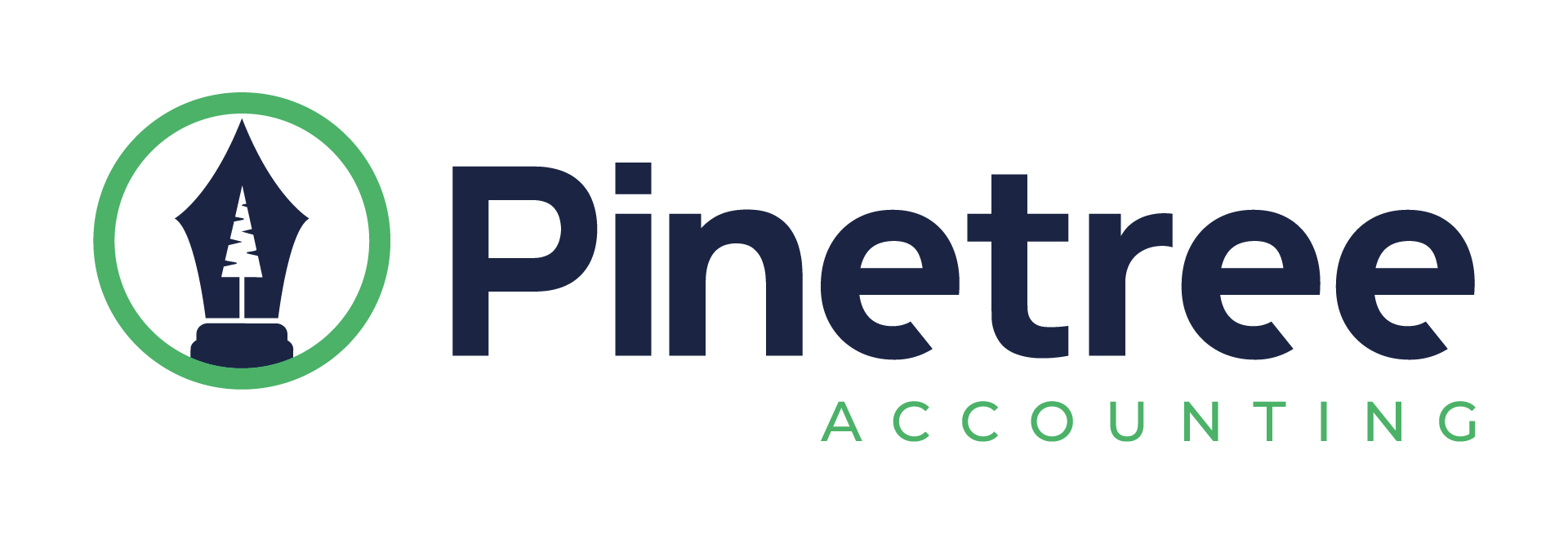Hong Kong’s reputation as a global business hub is rooted in its transparent financial practices, low-tax regime, and rigorous regulatory framework. Businesses that operate here—be they bustling startups in Tsim Sha Tsui or established conglomerates in Central—are required to uphold these high standards of financial accountability. A statutory audit plays a central role in maintaining this integrity, serving as both a compliance measure and credibility booster for a company’s financial standing.
In this comprehensive guide, we’ll delve into everything you need to know about the audit process in Hong Kong. From the legal requirements under the Hong Kong Companies Ordinance to the intricacies of preparing audited financial statements for submission to the Inland Revenue Department (IRD), this article covers the key steps, documents, and benefits of engaging professional audit services.
1. Understanding the Hong Kong Regulatory Framework
1.1 Hong Kong Companies Ordinance
Under the Hong Kong Companies Ordinance, nearly all companies incorporated in Hong Kong must conduct an annual statutory audit. The only exceptions are certain “dormant companies” or very small private companies that meet strict criteria for exemption. However, most actively trading entities will require an audit. These statutory audits ensure that financial statements present a true and fair view of the company’s financial position and performance.
Key Point: If you’re unsure whether your company qualifies for an exemption, consult a Certified Public Accountant (CPA) or check the latest guidelines under the Hong Kong Companies Ordinance.
1.2 Inland Revenue Department (IRD)
The Inland Revenue Department oversees Profits Tax Returns (PTR), which must typically be filed within one month of receiving the IRD notice (though extensions may apply for certain financial year-ends). These PTR filings must be supported by audited financial statements. Failing to submit audited financial statements alongside the PTR can result in financial penalties or even legal repercussions.
1.3 Hong Kong Institute of Certified Public Accountants (HKICPA)
Auditors in Hong Kong are regulated by the HKICPA, which sets the Hong Kong Financial Reporting Standards (HKFRS) and auditing guidelines. Aligning with international financial reporting standards, these rules ensure Hong Kong audits are recognized globally for their credibility and thoroughness.
2. What Is Involved in an Audit in Hong Kong?
An audit typically unfolds in three key phases: Planning & Risk Assessment, Execution, and Reporting. Each phase has its own procedures, objectives, and compliance obligations.
2.1 Planning and Risk Assessment
- Understanding the Business: The auditor will first develop a clear picture of your company’s industry, operations, and financial environment. This is crucial for identifying areas of high risk.
- Compliance Check: Past statutory compliance records (e.g., prior audits, PTR submissions) are scrutinized to detect recurring issues or patterns of non-compliance.
- Developing the Audit Strategy: A tailored plan is formulated to address identified risks, taking into account the scale of the business, complexity of transactions, and any industry-specific regulations.
2.2 Execution
- Gathering Audit Evidence: Auditors collect bank statements, purchase and sales invoices, expense receipts, and contracts to verify accuracy and completeness of reported financial transactions.
- Internal Controls Assessment: Evaluation of internal controls—such as authorization procedures, segregation of duties, and inventory handling—to ensure they effectively prevent fraud and financial misstatements.
- Analytical Procedures: These involve a data-driven approach, comparing financial ratios (e.g., gross profit margin, current ratio) and trend analyses to detect unusual fluctuations or inconsistencies.
2.3 Reporting
- Formulating the Audit Opinion: The auditor will issue one of the following opinions:
- Unqualified (Clean): Financial statements present a true and fair view.
- Qualified: Mostly correct but with certain exceptions or limitations.
- Adverse: Financial statements significantly misrepresent the company’s financial position.
- Disclaimer of Opinion: The auditor could not obtain sufficient evidence to form an opinion.
- Audit Report: The report, which includes the audited financial statements, is submitted to shareholders, the Inland Revenue Department, and other relevant stakeholders. For companies in Hong Kong, these audited statements also support the annual Profits Tax Return.
3. Key Documents and Information Required
Accurate and complete documentation is the bedrock of a successful audit. Having your records well-organized can significantly reduce audit time and associated costs.
| Document Type | Description | Importance for Audit |
| Financial Statements | Balance Sheet, Income Statement, Cash Flow Statement | Foundation of the audit; reveals the company’s overall financial health |
| Bank Statements | Monthly/quarterly/yearly transaction records | Verifies cash flow, identifies unusual transactions |
| Purchase & Sales Invoices | Evidence of revenue and expenses | Ensures transactions are recorded accurately |
| Expense Receipts | Supporting documents for incurred costs | Validates the legitimacy and completeness of reported expenses |
| Contracts & Agreements | Legal documents for major transactions or commitments | Establishes financial obligations and legal liabilities |
| Payroll & MPF Records | Employee salary slips, Mandatory Provident Fund docs | Verifies staff costs and compliance with employment laws |
Pro Tip: Maintain a digital document management system to store all records in one place. This can expedite the audit and reduce the chance of missing or duplicated data.

4. Common Challenges and Considerations
4.1 Compliance with Hong Kong Financial Reporting Standards (HKFRS)
The HKFRS can be complex, especially for small or medium-sized enterprises. Non-compliance may lead to audit qualifications or penalties.
4.2 Maintaining Accurate and Complete Records
If documents are scattered or only partially complete, your audit fees could increase due to the extra time auditors spend reconciling missing data.
4.3 Timely Submission of Profits Tax Return (PTR)
Failing to timely file your audited financial statements with your PTR can result in surcharges or penalties imposed by the IRD. In extreme cases, repeat offenses might trigger an investigation or court summons.
4.4 Adapting to Regulatory Updates
Hong Kong’s regulatory landscape evolves with international standards. Keeping pace with the IRD and HKICPA announcements can help you avoid last-minute surprises.
4.5 Cultural and Language Barriers
Some business owners who are new to Hong Kong may find the legal terminology and documentation requirements overwhelming. Working with an auditor fluent in English, Cantonese, and Mandarin can smooth out these challenges.
5. Benefits of Engaging Professional Audit Services
While it may be tempting to go the DIY route with auditing—especially for smaller companies—there are numerous advantages to hiring a professional Certified Public Accountant (CPA) in Hong Kong:
- Compliance Assurance
Seasoned auditors ensure all statutory requirements are met, reducing the risk of penalties or non-compliance with IRD and Companies Ordinance guidelines. - Enhanced Financial Credibility
An unqualified audit report boosts trust among investors, lenders, and stakeholders, making it easier to secure funding or partnerships. - Operational Insights
During the audit, professionals often uncover inefficiencies in accounting processes or internal controls, helping management streamline operations. - Local Expertise
Audit firms with offices in business districts like Tsim Sha Tsui have a pulse on local regulations and industry norms. This knowledge is especially valuable for navigating complex or rapidly changing compliance rules. - Time & Cost Savings
Handling an audit in-house can be time-consuming, particularly if your team lacks specialized knowledge. Outsourcing to experts allows you to focus on growing your core business.
6. Practical Tips for a Smooth Audit
Below are some actionable tips to minimize stress and maximize efficiency throughout your audit process:
- Keep Financial Records Updated: Reconcile monthly to avoid a massive backlog when the audit starts.
- Automate Record-Keeping: Use accounting software (e.g., Xero, QuickBooks) to track invoices, expenses, and cash flow.
- Establish Robust Internal Controls: Segregate duties among staff, set authorization limits, and regularly review transaction logs.
- Conduct Interim (Internal) Reviews: Small monthly or quarterly reviews can catch errors early.
- Communicate Early and Often: Let your auditor know of any major transactions, changes in business operations, or planned expansions.
7. How Pinetree Can Help with Your Audit Needs
At Pinetree, we specialize in end-to-end audit support tailored to Hong Kong’s regulatory landscape. With a focus on efficiency and accuracy, we offer:
- Bookkeeping & Record Management: Automated solutions to keep your financials organized.
- Tax Compliance & Filing: Ensuring punctual and accurate submission of Profits Tax Returns and audited financials.
- Corporate Secretarial Services: Handling annual returns, company formation documents, and statutory obligations.
- Company Formation: Guiding startups and foreign investors through the incorporation process in Hong Kong.
Our Tsim Sha Tsui office is conveniently located for face-to-face consultations, making sure you get personalized advice every step of the way. Our team of Certified Public Accountants stays abreast of IRD and HKICPA guidelines so that you don’t have to.
8. Conclusion
Audits in Hong Kong are not just about ticking boxes or meeting deadlines—they are integral to financial integrity and business credibility in a market that thrives on trust and transparency. By familiarizing yourself with the Hong Kong Companies Ordinance, IRD requirements, and the HKICPA standards, you position your company to maximize compliance and minimize risks.
Whether you’re a startup preparing your first audit or a seasoned enterprise seeking to streamline an existing process, professional audit services can lighten the compliance burden and uncover actionable insights for improvement. Ready to take your audit process to the next level? Reach out to Pinetree to get started with a tailored auditing solution that aligns with Hong Kong regulations and supports your business growth.






